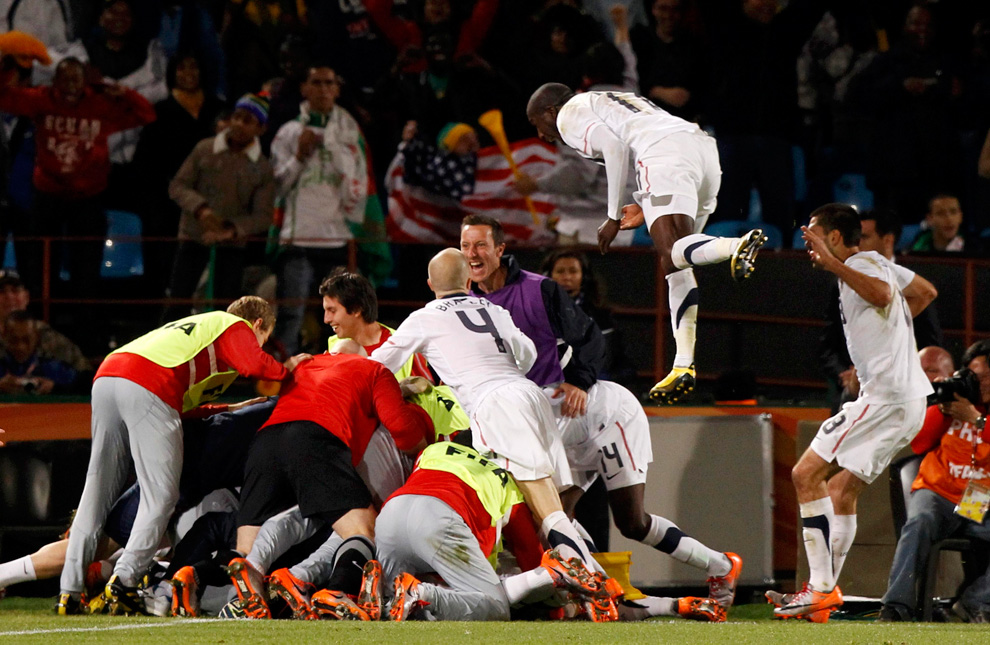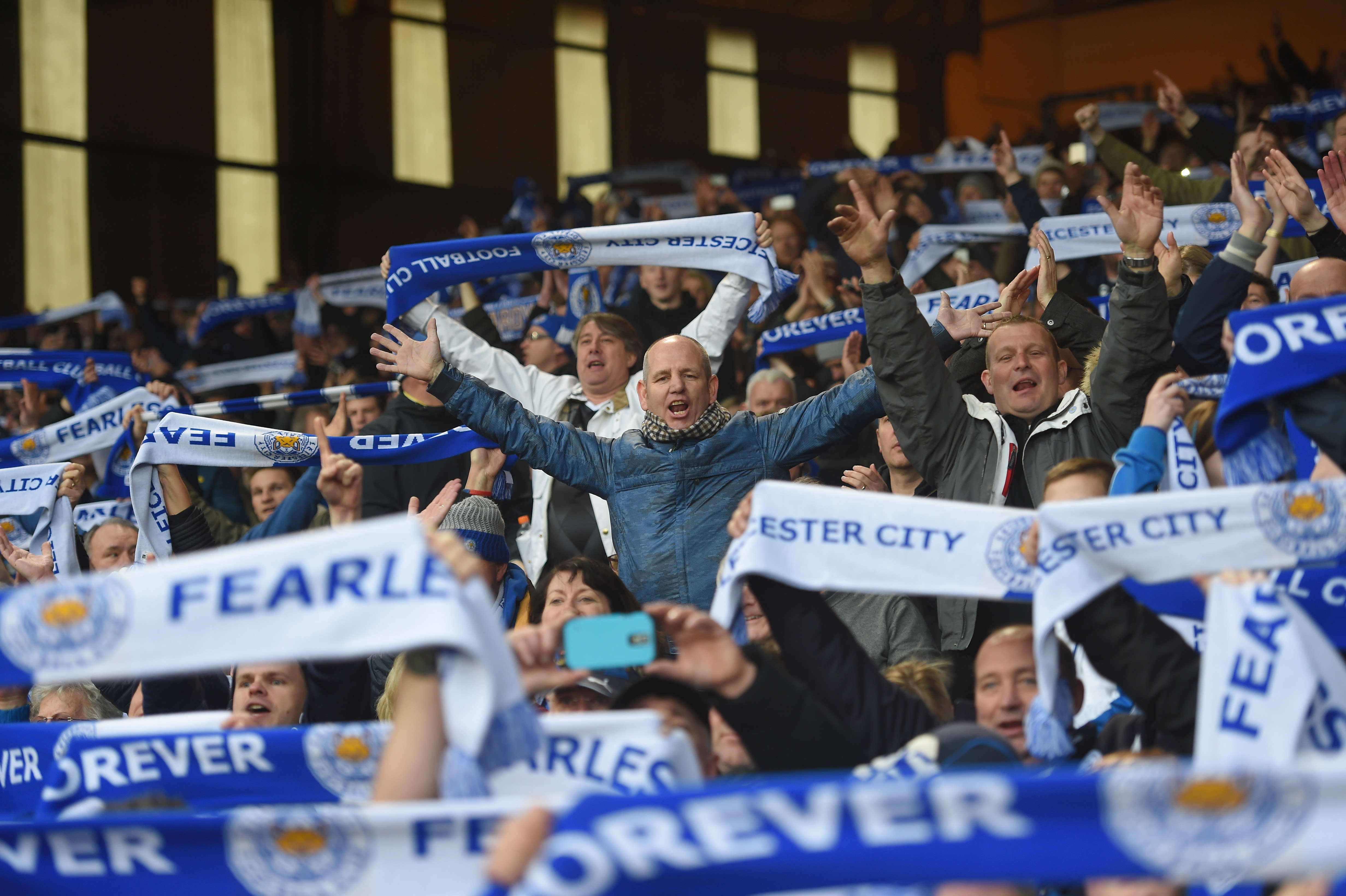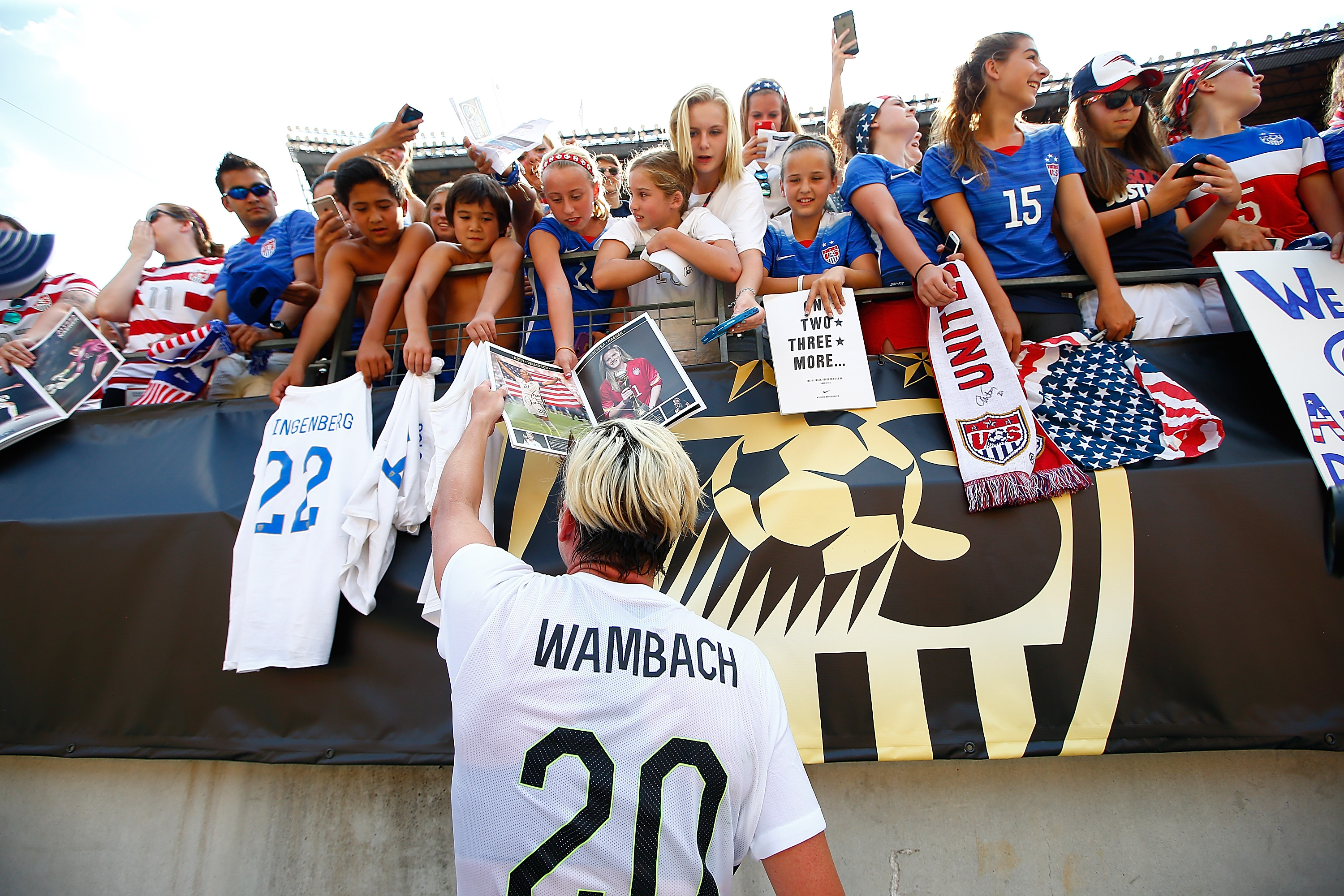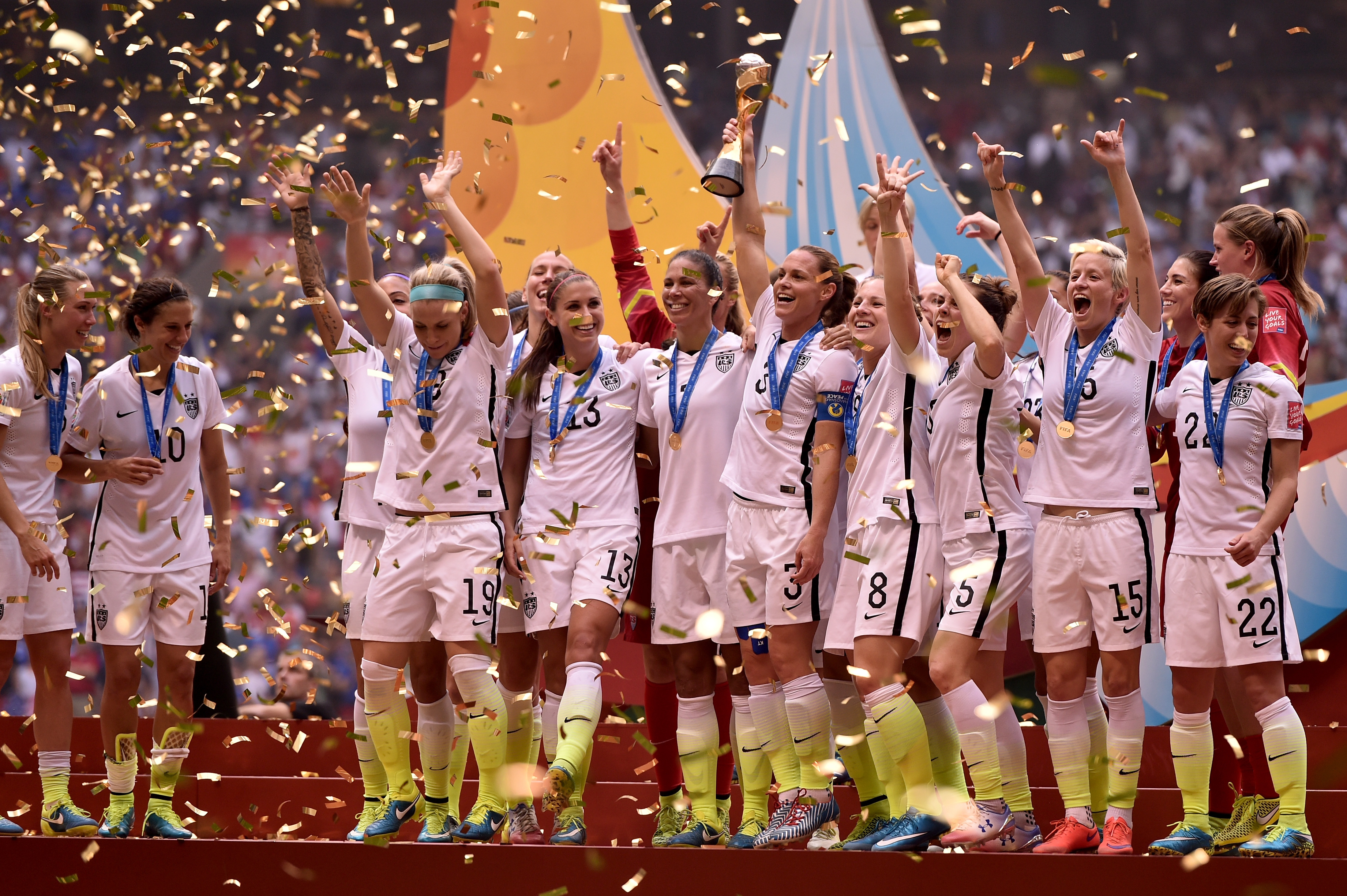When reports came out about FIFA looking to expand the World Cup from 32 to 48 teams, I hated it. 32 teams was the perfect format. It actually made World Cup Qualifying interesting and made structuring the knockout stage simple and not watered down.
But when money is prioritized over competition, the writing was on the wall. If FIFA wanted 48 teams, FIFA was going to get 48 teams and now FIFA finally unanimously passed a 48 team World Cup in 2026.
There are plenty of reasons why this is a terrible idea. If expanding the European Championship from 16 to 24 teams was any indication, it caused nobody to care about Euro Qualifying because nobody outside of Estonia cared if Estonia qualified for Euro 2016. Even when a powerhouse like the Netherlands failed to qualify, there wasn’t as much drama because nobody really cared to watch Euro Qualifying.
The group state of Euro 2016 wasn’t much better where it rewarded not losing instead of winning. When you could theoretically have three 0-0 draws in the group stage and still advance to the knockout stage, it’s not going to be entertaining. That’s pretty much what Portugal did and wound up winning the tournament.
But, like I said, money talks and a 48 team World Cup was inevitable. This also means a different format to the tournament. And while I still favor the exclusivity of 32 teams compared to the dilution of 48 teams, FIFA’s format for 48 teams is the silver lining because it could have been way worse.
Instead of eight groups of four teams, the group stage will be 16 groups of three teams. Everyone plays two games in the group stage and to limit travel for both fans and players, both games will be played in the same city. And, in an attempt to avoid collusion in the final group stage game, penalty shootouts may be done to determine a winner and loser, which would be great for those in the United States who only watches World Cup soccer every four years.
And speaking of the United States, this would all but clinch World Cup qualification every time. The 16 additional spots are going to be divided up with CONCACAF potentially getting anywhere from 6-7 spots, up from 4.5. That means, as long as the United States qualifies for the Hex, which there were concerns but the U.S. wound up easily qualifying, they are in. Africa and Asia are expected to gain the most spots.
The top two in each three team group would advance to the knockout stage where it becomes a 32 team single elimination tournament. So essentially, this puts the World Cup from a 64 game to an 80 game tournament and no one will be playing any additional games. If you advance to the knockout stage, you are playing the same amount of games in that respective round so this won’t add any more games to a player’s schedule over the year.
It does add a bit more randomness and have a better chance of seeing “cinderella” teams advancing through the tournament. It’s also going to bring a lot more revenue and profit for FIFA, which is the most important thing for them. FIFA is projecting a profit of $640 million with the additional games.
So, looking at this new World Cup format, it’s not the worst format in the world. Is it perfect? No. Can things be improved? Yes. Was the old system better? Yes. But I would rather have this than some other ideas for a 48 team World Cup. Either way, the fans will all be cheering on our home country, likely in the United States, in 2026.
[AP]






